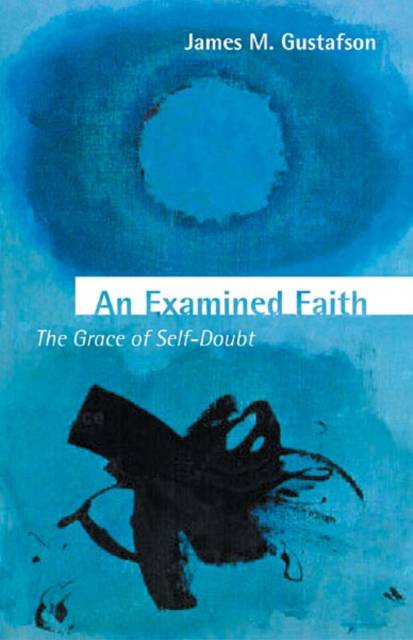
- Retrait gratuit dans votre magasin Club
- 7.000.000 titres dans notre catalogue
- Payer en toute sécurité
- Toujours un magasin près de chez vous
- Retrait gratuit dans votre magasin Club
- 7.000.0000 titres dans notre catalogue
- Payer en toute sécurité
- Toujours un magasin près de chez vous
Description
When both George W. Bush and Osama bin Laden cite God as being on their side, it dramatically illustrates the public use and contemporary clash of religious languages. But even more common, says renowned ethicist James Gustafson, is the everyday dissonance between religious language and the many "secular" interpretations of the same events. How do Christians understand providence, divine action, and other religious realities in our complex, multivalent world?In this important work, expanded from his Princeton Warfield Lectures, Gustafson strongly urges Christians to take a hard look at their religious discourse and its relationship to all the other discoursesscientific, secular, philosophicalthat inform our worldview. Pastors, theologians, and laypeople alike, he argues, regularly and unthinkingly accommodate their religious views to these other realms, or allow their religious views to be manipulated for other purposes.
Gustafson sets out a helpful typology of relationships, from complete religious rejection of secular discourse to full accommodation. Citing contemporary thinkers and examples from a full range of fields, he challenges Christians to a greater self-consciousness and honesty about their religious commitments and doctrinal formulations.
As relevant to the pulpit as to the podium and the poli- tical stump, Gustafson's brief, thoughtful volume calls all Christians to face the hard intellectual work that is necessary to forge an honest and publicly relevant faith today.
Spécifications
Parties prenantes
- Auteur(s) :
- Editeur:
Contenu
- Nombre de pages :
- 136
- Langue:
- Anglais
- Collection :
Caractéristiques
- EAN:
- 9780800636289
- Date de parution :
- 18-11-03
- Format:
- Livre broché
- Format numérique:
- Trade paperback (VS)
- Dimensions :
- 158 mm x 230 mm
- Poids :
- 231 g







